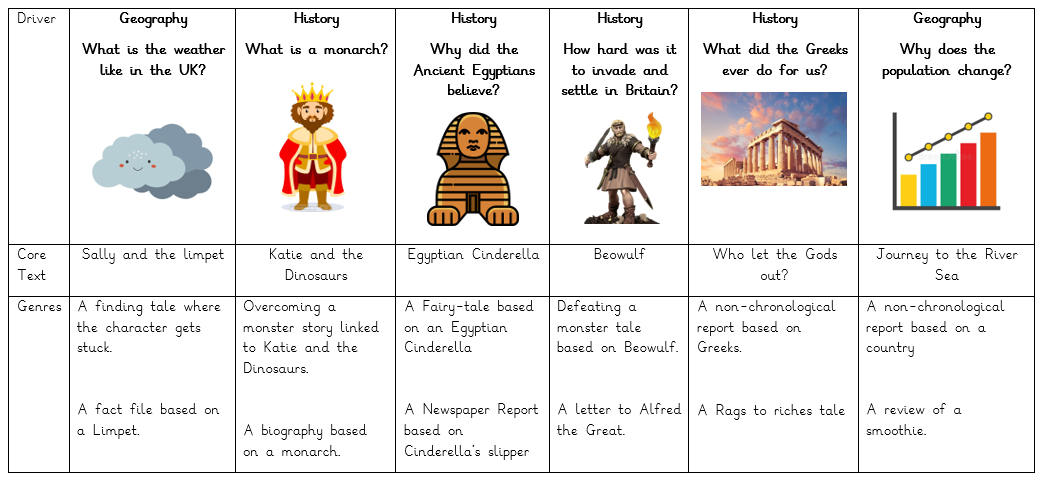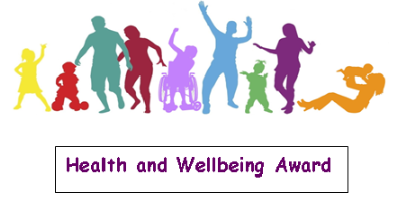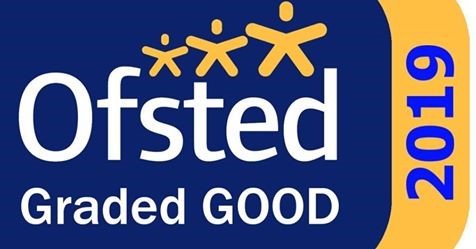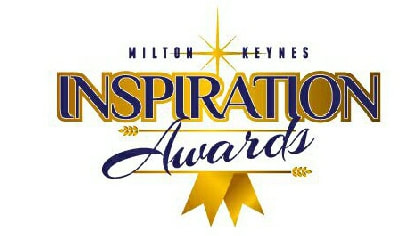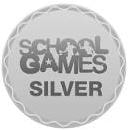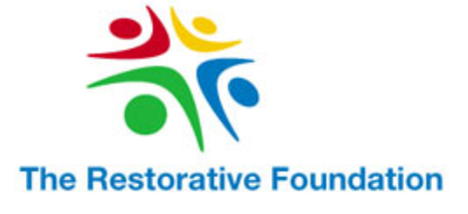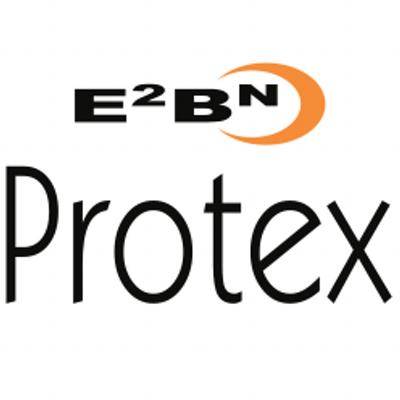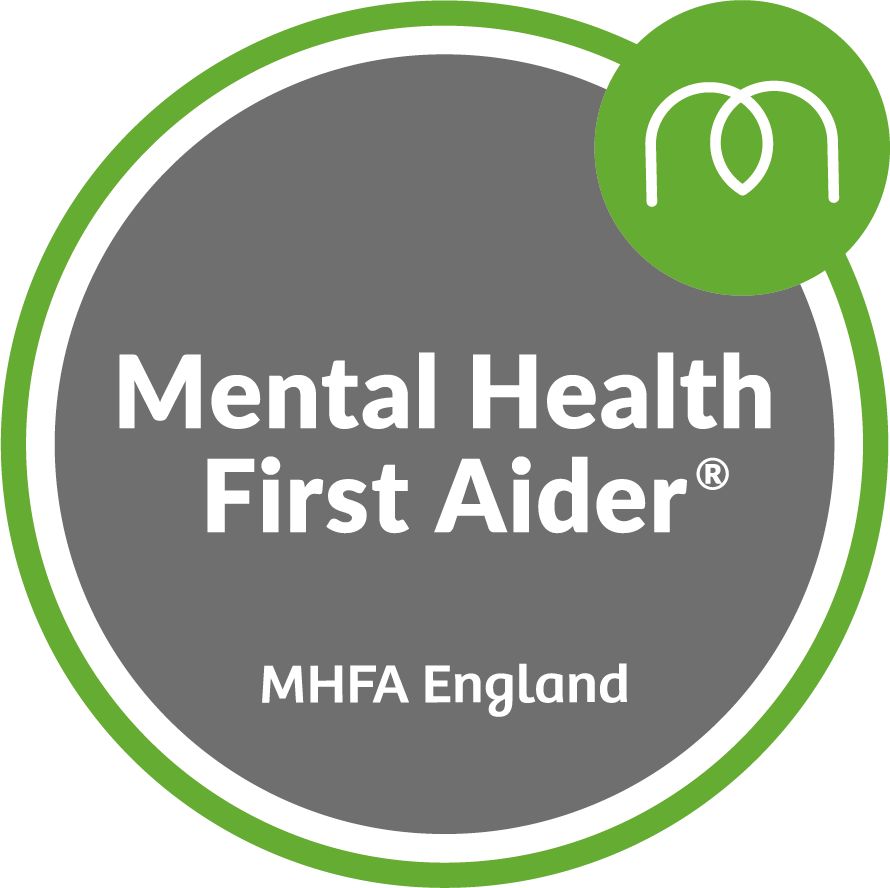|
Knowledge Organisers
|
Intent Statement
Through studying our Writing Curriculum, underpinned by the National Curriculum for Writing within the English Curriculum, our pupils can communicate confidently and articulately through their writing. We use the “Talk For Writing” approach which allows our children to deepen their understanding of writing genres, unpicking the skills and techniques writers use, in order to have a desired impact on the reader. They develop passion and enthusiasm for producing high quality texts that inform, inspire and enthuse their intended audience. They recognise the different skills and techniques that underpin writing across genres, making use of the grammatical and language techniques particular to each. They recognise how grammar underpins our language, and are able to use grammar creatively to achieve their intended effect. By being confident writers, pupils can confidently express their ideas and opinions, ensuring they have the foundations for a promising future of writing. Implementation
EYFS Communication and language is one of the three key areas of the Early Years Foundation Stage (EYFS). We believe it is critical, therefore, that children experience a language rich environment where speaking and listening plays a pivotal role in a child's language development. Writing is taught alongside phonics and reading and is taught through inspiring experiences. The children are immersed in a language-rich environment, both inside and outdoors, where they have plenty of opportunities to develop their spoken and written language. Handwriting is introduced at this early stage and is taught alongside other fine motor activities such as finger gyms and sorting activities. Staff in Early Years evidence writing in both written and digital format using Tapestry. Key Stage 1 and 2 Beyond EYFS, we expect that children continue to develop their speaking and listening skills in order to continue developing their spoken and written vocabulary. At Great Linford Primary School, we follow the "Talk for Writing" approach which generally follows the following steps:
Impact
Teachers provide regular formative feedback opportunities in writing. As a school, we believe that the most impactful feedback with children will be "on the spot" feedback. We believe that by providing verbal feedback with our children about their work has the most impact. These focus on ensuring accuracy in grammar, spelling and handwriting alongside developing the effectiveness of their authorial voice. Teachers also use a wide range of written outcomes, within English, and when communicating their knowledge and understanding across the curriculum, to make summative assessments of writing. Assessments are peer moderated in years 1, 3, 4 and 5. Assessments in years 2 and 6 are moderated with partner schools and externally. Teachers are supported in moderation by the Writing Assessment Grids and Writing Progression Documents that are specific to their year group. The Writing Assessment Grids are sequentially progressive and cyclical: this allows children to constantly recap previous learning before making progress (taking one step back before taking two steps forward). Where necessary, teachers liaise swiftly with the English Leader and or SENCo where significant additional support is required. The expectation is that we provide support that enables all pupils to achieve age related standards, or make maximum progress from their starting points. Progression
title 4
Local Community Links
Please come back soon when more information will be available regarding English Community Links. Supporting From Home
Handwriting
Help with spellings
Your child's spellings will be available via the class Google Classroom page and your child will have these in their home fluency or reading record. We always recap previous spellings that have been taught but will only test the children each week on their five new spellings. Four spellings will follow the year group spelling pattern for the week and the final spelling will be taken from the curriculum and a current learning journey. Practise at home or online using Spelling Frame. Handwriting
title 7
|
Great Linford's Great Writing!
| ||||||

